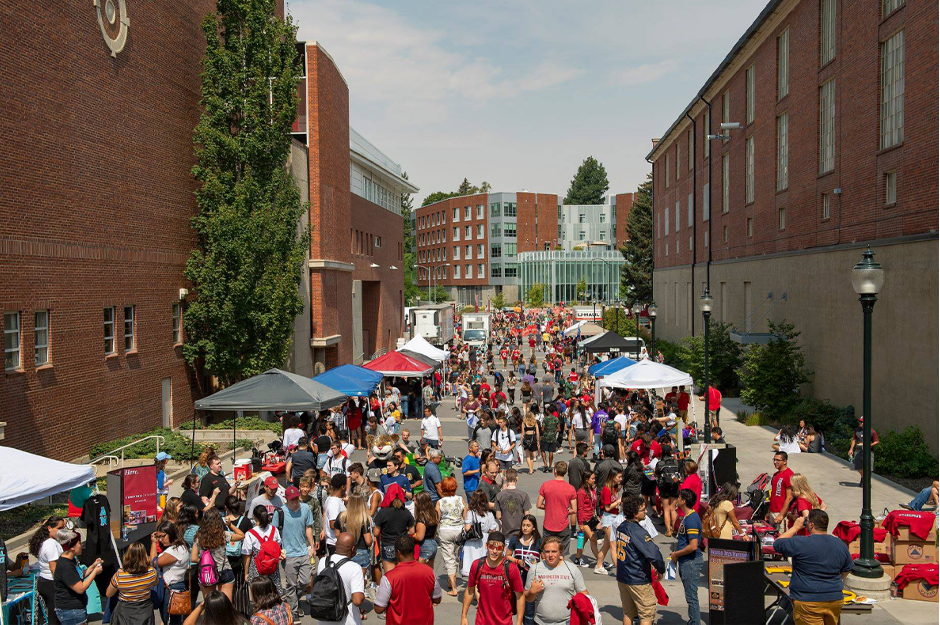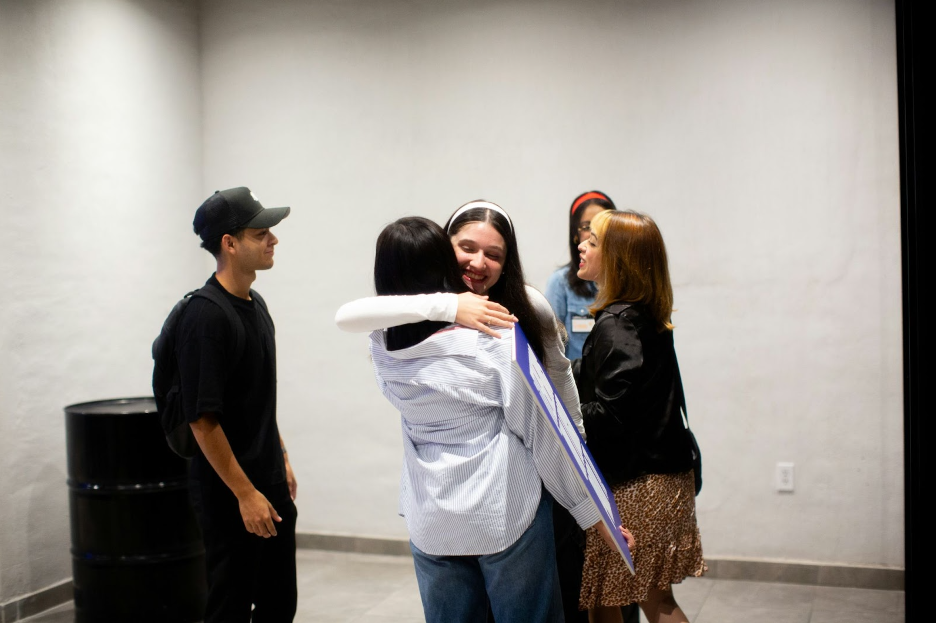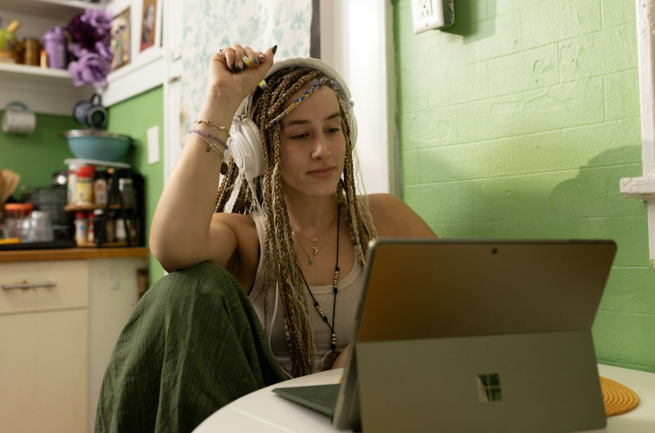Fostering Inclusive, Enriching College Experiences
In the ever-evolving landscape of higher education, one thing remains constant: diversity is a cornerstone of a vibrant and enriching college experience. The college campus, with its multitude of backgrounds, cultures, and perspectives, provides a unique opportunity for students to connect with peers who bring a rich tapestry of experiences to the table. In this article, we will explore the profound role that diversity plays in peer connections, emphasizing its importance in fostering inclusion and enhancing the college journey.
Diverse Voices, Rich Conversations
Diversity is not merely a buzzword; it is the basis of meaningful peer connections. When students from various backgrounds come together, they bring with them a wealth of experiences, beliefs, and worldviews. This diversity results in enriching conversations and discussions both inside and outside the classroom. It encourages individuals to step out of their comfort zones, engage with different perspectives, and expand their horizons.
Students are exposed to an array of ideas and worldviews, which challenges preconceived notions and fosters intellectual growth. These interactions not only deepen their understanding of the world but also prepare them to navigate a globalized society with empathy and respect for others.
Breaking Down Stereotypes and Prejudices
One of the most significant impacts of diversity on peer connections is its potential to break down stereotypes and prejudices. It is through genuine interactions with people from various backgrounds that misconceptions and biases are challenged and dismantled. As students engage with peers who don’t fit preconceived molds, they begin to see the complexity and individuality of each person.
The power of diversity lies in its ability to bridge divides, dispelling myths, and fostering an environment of tolerance and acceptance. Students learn that it’s not about seeing others as representatives of a particular group but as unique individuals with their own stories, dreams, and experiences.
Inclusive Campus Environments
Diverse peer connections contribute to the creation of inclusive campus environments where all students feel valued and respected. Institutions that actively promote diversity and inclusion provide the groundwork for these connections to thrive. These campuses are welcoming spaces for students from all walks of life, regardless of their race, ethnicity, gender, sexual orientation, or socio-economic background.
Diversity goes beyond statistics. It involves creating an atmosphere where every voice is heard, and every identity is acknowledged and celebrated. It is about ensuring that underrepresented groups are not only present but actively included and most importantly empowered.
Cultural Exchange and Learning
Colleges and universities often offer opportunities for students to engage in cultural exchange. This includes studying abroad, participating in international student programs, or simply connecting with peers from different countries and cultures. These experiences offer a deeper understanding of the world’s diverse cultures and perspectives.
Cultural exchange fosters connections that transcend borders, creating lifelong friendships and professional networks. It encourages the development of intercultural competencies, a skill increasingly important in our globalized world.
Collaborative Problem-Solving
The diverse nature of peer connections prepares students for a future where collaboration across different backgrounds is essential. The ability to work effectively in diverse teams is highly valued in today’s workforce. College experiences that promote diversity help students develop this skill, enabling them to approach complex problems from multiple angles.
Collaboration in diverse groups can be a source of innovation and creativity. As students learn to navigate differing viewpoints and communicate effectively, they are better prepared for the challenges and opportunities they will encounter in their careers.
Personal Growth and Empathy
Diversity also plays a crucial role in personal growth. It forces students to confront their biases and preconceptions, leading to self-reflection and personal development. They become more empathetic, open-minded, and understanding individuals, which not only enriches their college experience but also prepares them for a lifetime of engaging with people from all aspects of life.
In conclusion, the role of diversity in peer connections cannot be overstated. It is the driving force behind inclusive and enriching college experiences. When students engage with peers from varying backgrounds and perspectives, they not only expand their horizons but also prepare themselves for a world that values inclusivity, tolerance, and collaboration. Higher education institutions must continue to embrace and celebrate diversity, recognizing it as a key ingredient in creating well-rounded, compassionate, and global citizens.





























